Chris Banks: “Just because someone is non-speaking, does not mean they do not have thoughts or feelings they want to express”
Christopher Banks, President, and CEO of the Autism Society of America, shares the beginnings of the organization and its willingness to help people with autism and its families.
Chris Banks has been providing executive direction and leadership for the Autism Society since the beginning of 2020. At the start of the Covid-19 pandemic, he pivoted the national organization to be a resource, service, and support enterprise for the affiliates and families.
He is ensuring that the Society’s strategic efforts support its mission, vision and values. Chris is establishing long-lasting relationships with external partners, philanthropic organizations and elected officials to further policy efforts and fundraising activities of the Society.
When and why was your organization created?
The Autism Society of America is the nation’s largest, oldest grassroots organization serving the Autism community for over 58 years.
Annually, with our nationwide network of 70 affiliates, we support over half a million people in the Autism community, including individuals, family members, caregivers, and professionals primarily through education, advocacy, support, information and referral, and community programming.
What is your goal?
The Autism Society’s mission is to create connections, empowering everyone in the world to live fully. We hope to create a world in which the Autism community is connected to the support they need when they need it.
What do you do in your organization? Who benefits from your action?
Annually at the Autism Society we field over 100k phone calls and emails to our National Helpline and affiliate helplines, approximately 34k people attend support groups for Autistic individuals, parents/caregivers and more roles, and 204k people attended events nationwide to give you a scale of our impact.
How do families experience the diagnosis?
With 1 in 36 children diagnosed with Autism in the US, many of us may already know what Autism is, and most people know or love someone with Autism.
As the fastest-growing developmental disability, Autism is a complex, lifelong developmental condition that can affect communication, social skills, relationships, and self-regulation. Autism Spectrum Disorders are in fact a spectrum, and there are a wide range of experiences, abilities, challenges, and strengths.
How do you help them?
The Autism Society of America, like the CDC, supports early identification as one of the most important tools communities have in helping to make a difference in the lives of children with Autism. At the Autism Society, we encourage families to seek an early diagnosis to gain the supports needed. We also have a National Helpline and resources available to families who have recently received a diagnosis.
Children who receive an Autism diagnosis by age 4, are more likely to receive services that lead to improved long-term outcomes.
The early identification report demonstrates that for the first time, the percentage of 8-year-old Asian or Pacific Islander, Hispanic, and Black children identified with Autism was higher than among 8-year-old White children. This change effectively closes the racial and ethnic gap which was observed and reported in previous ADDM reports. These shifts may reflect improved screening, awareness, and access to services among historically underserved groups.
What stigmas are associated with Autism?
Stigma and misconceptions surrounding Autism persist in society, leading to assumed incompetence, prejudice, discrimination, and exclusion. Negative stereotypes and lack of awareness about Autism can hinder social acceptance, employment opportunities, and access to essential services. The pervasive impact of stigma can significantly affect the self-esteem, mental health, and overall well-being of individuals with Autism.
We must always presume competence. Meaning just because someone is non-speaking, does not mean they do not have thoughts or feelings they want to express.
Additionally, someone who does not “look” like they have a disability, may have some significant cognitive or communication challenges.
What is the reality of people with Autism in the United States? What difficulties are they facing?
Autism is a complex, lifelong developmental condition that can affect communication, social skills, relationships and self-regulation. Autism Spectrum Disorders are in fact a spectrum, and there are a wide range of experiences, abilities, challenges and strengths.
This is all to say that everyone is different. And at the Autism Society we recognize, honor and vary all of the unique experiences across our community.
It’s important to recognize people’s different experiences. It may be different from your own and even difficult to relate, but that doesn’t mean its any less important or valid.
Systemic change is crucial for addressing barriers faced by Autistic individuals. For exmaple, employers should revise their hiring practices to be more inclusive and less reliant on traditional methods, such as face-to-face interviews, which may not accurately reflect the skills and abilities of Autistic candidates. Implementing alternative assessments and incorporating neurodiversity consultants in the hiring process can help to ensure that Autistic individuals are given an equal opportunity to demonstrate their qualifications and talents.
What do you ask of society?
Acceptance is the key that opens the door to empathy, understanding and equity. It breaks down labels and stigmas and creates more space in your heart for kindness, care and advocacy.
Awareness is valuable to share education and resources, but we need acceptance to ignite meaningful change that provides more opportunities for the Autism community. The greater Autism community has been using acceptance for years, and it was time to make a formal shift and advocate for media and partners to do the same.
Words matter. As we work to create a more accepting society, we must also accept Autistic individuals for who they are. Acceptance is often one of the biggest barriers to being valued and finding and developing a strong support system.
Fostering acceptance is critically important to improve opportunities in education, employment, accessible housing, affordable health care and comprehensive long-term services and supports.
What role does volunteering play in your organization?
Our nationwide network of 70+ affiliates connect people to the resources they need through education, advocacy, support, information and referral, and community programming.
Our affiliate partners offer a vast range of volunteer opportunities nationwide for various events and program needs. You can learn more about volunteer opportunities through our affiliate websites located here.
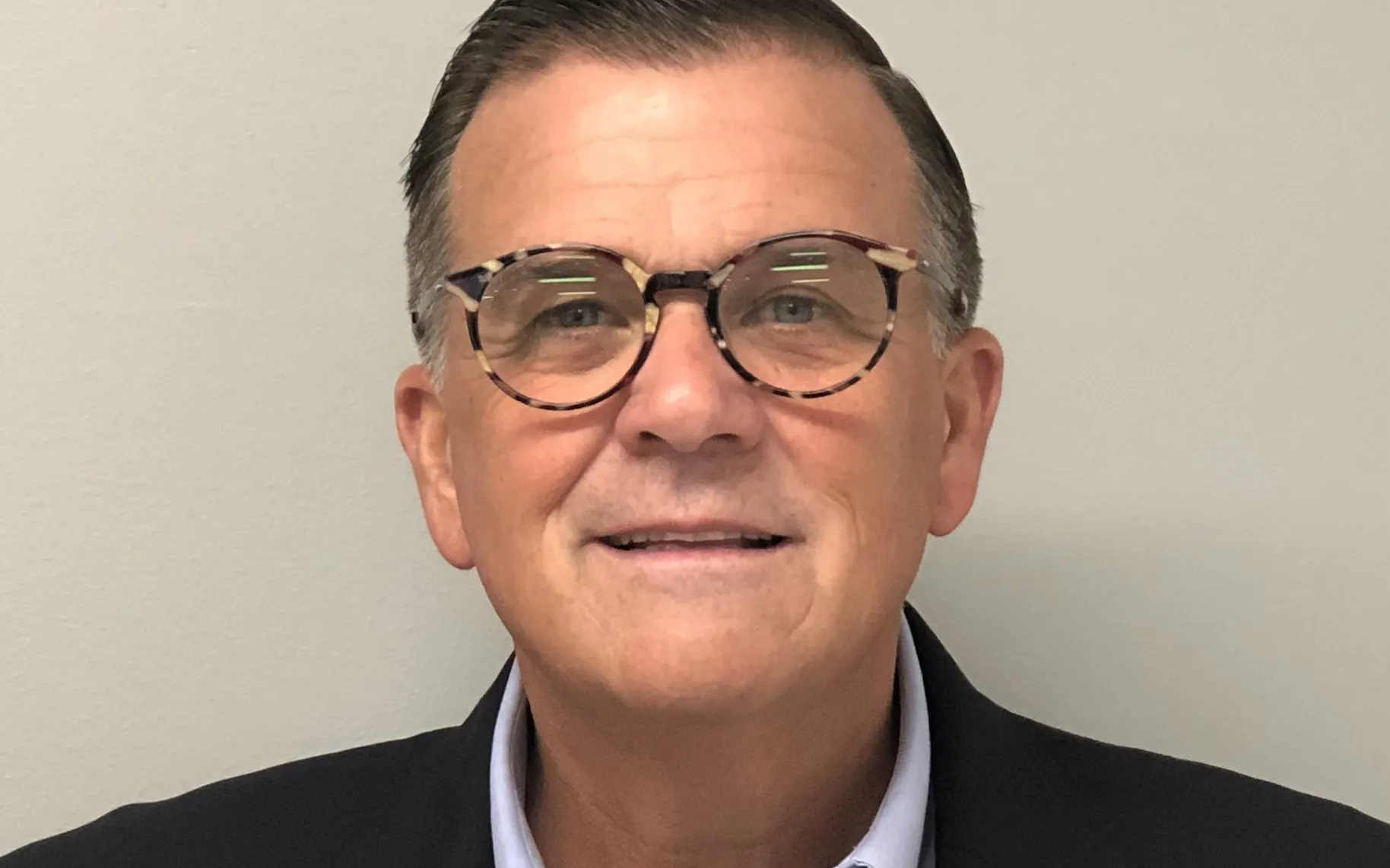


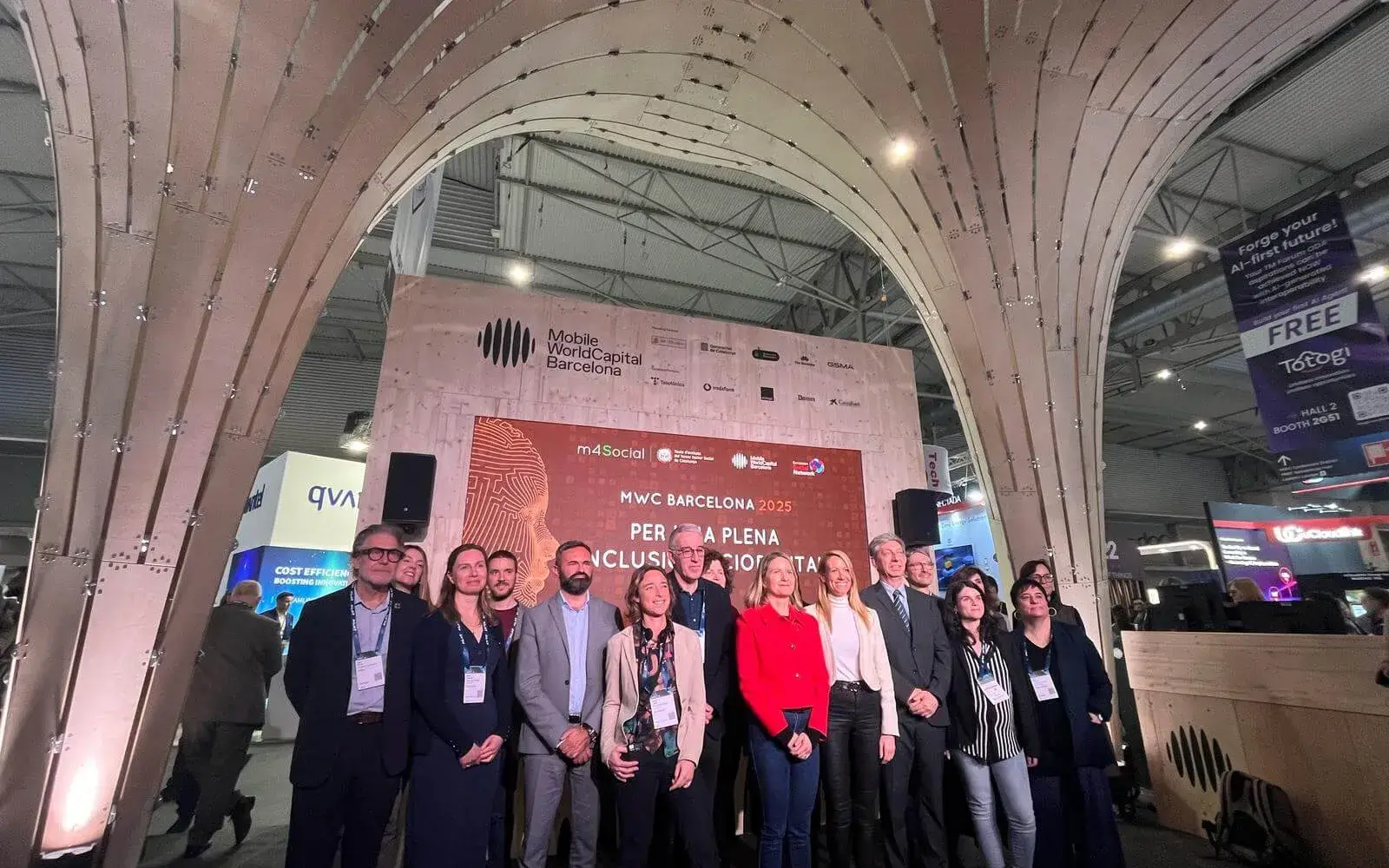
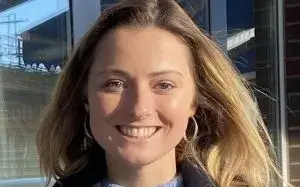
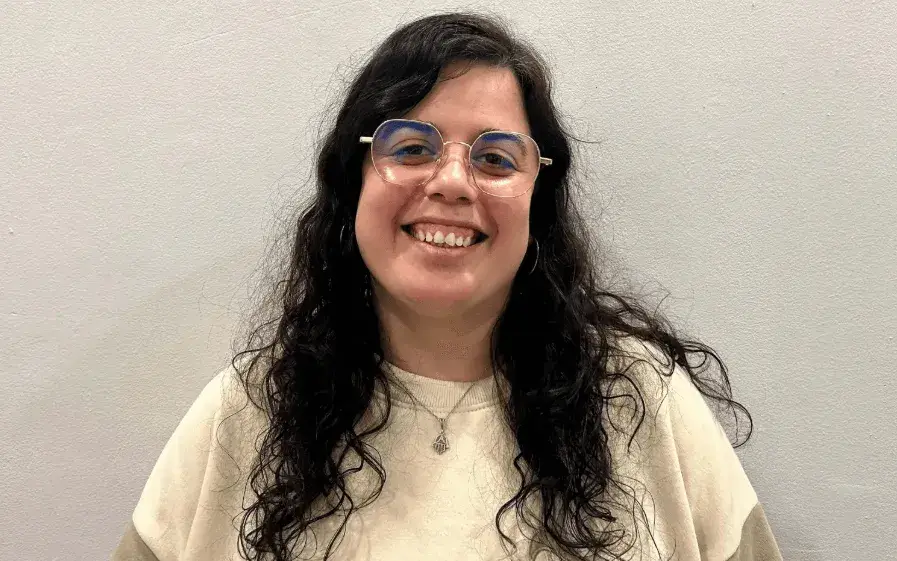
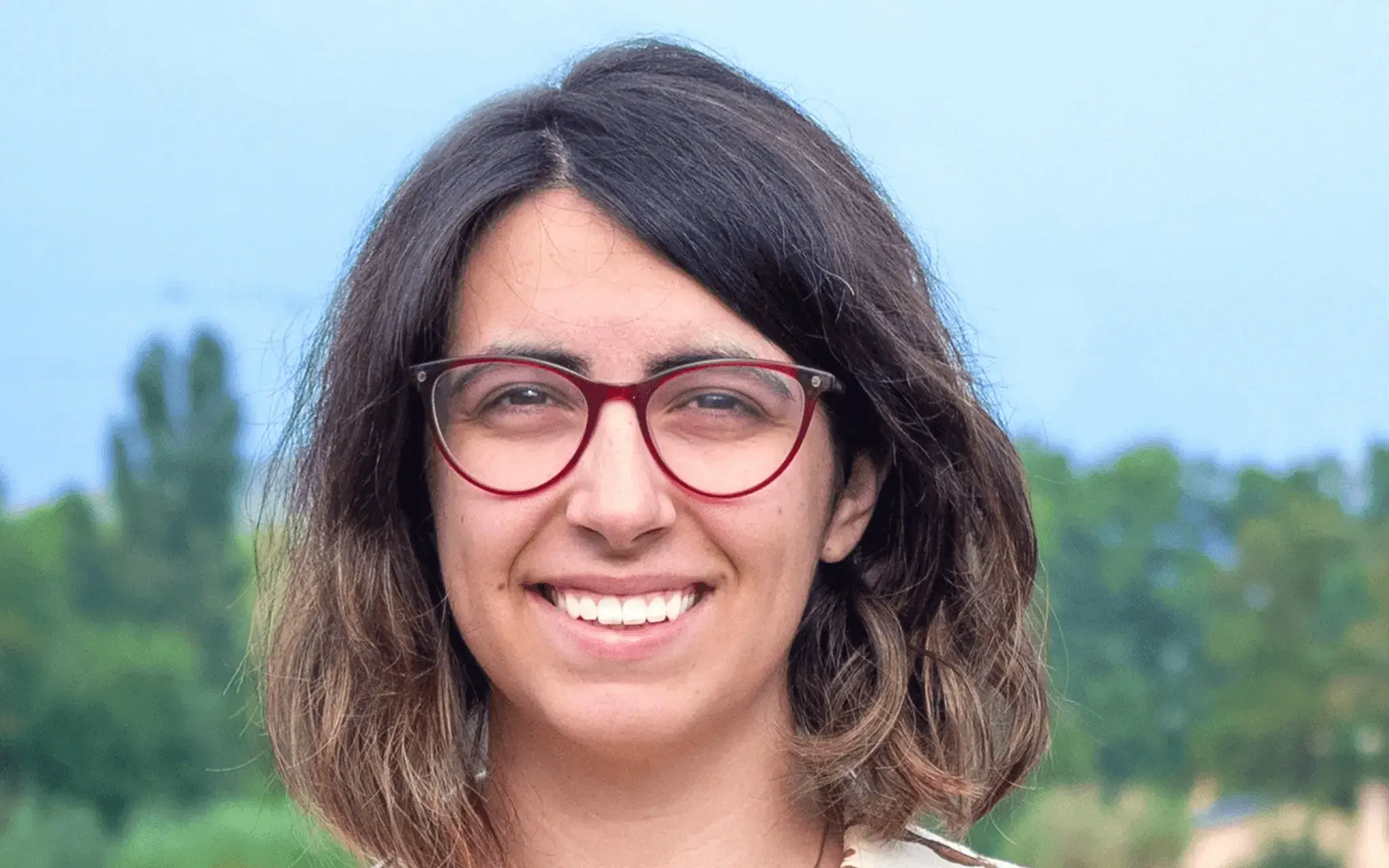
Add new comment